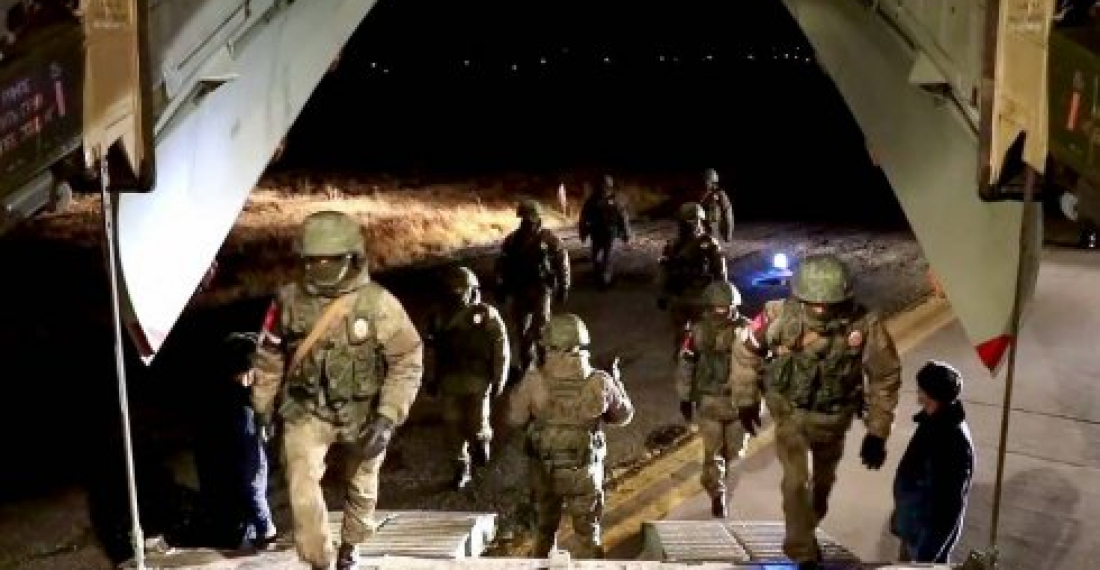Russia has deployed swiftly two thousand peacekeepers to oversee an agreement to end the current hostilities between Armenia and Azerbaijan.
Ten planes deployed the peacekeeping force to Nagorno-Karabakh within hours of the agreement being signed. Three of the nine articles of the agreement relate to the peacekeeping force. They state:
- Along the line of contact in Nagorno-Karabakh and along the Lachin corridor, a peacekeeping contingent of the Russian Federation is deployed in the amount of 1,960 servicemen with small arms, 90 armored personnel carriers, 380 units of automobile and special equipment.
- The peacekeeping contingent of the Russian Federation is being deployed in parallel with the withdrawal of the Armenian armed forces. The duration of the stay of the peacekeeping contingent of the Russian Federation is 5 years, with automatic extension for the next 5-year periods, if none of the Parties declares 6 months before the expiration of the period of intention to terminate the application of this provision
- In order to increase the effectiveness of control over the implementation of the agreements by the Parties to the conflict, a peacekeeping center is being deployed to control the ceasefire.
source: commonspace.eu with agencies
photo: Russian peacekeepers were flown overnight in ten flights to Nagorno-Karabakh (picture courtesy of TASS news agency, Moscow)






